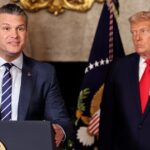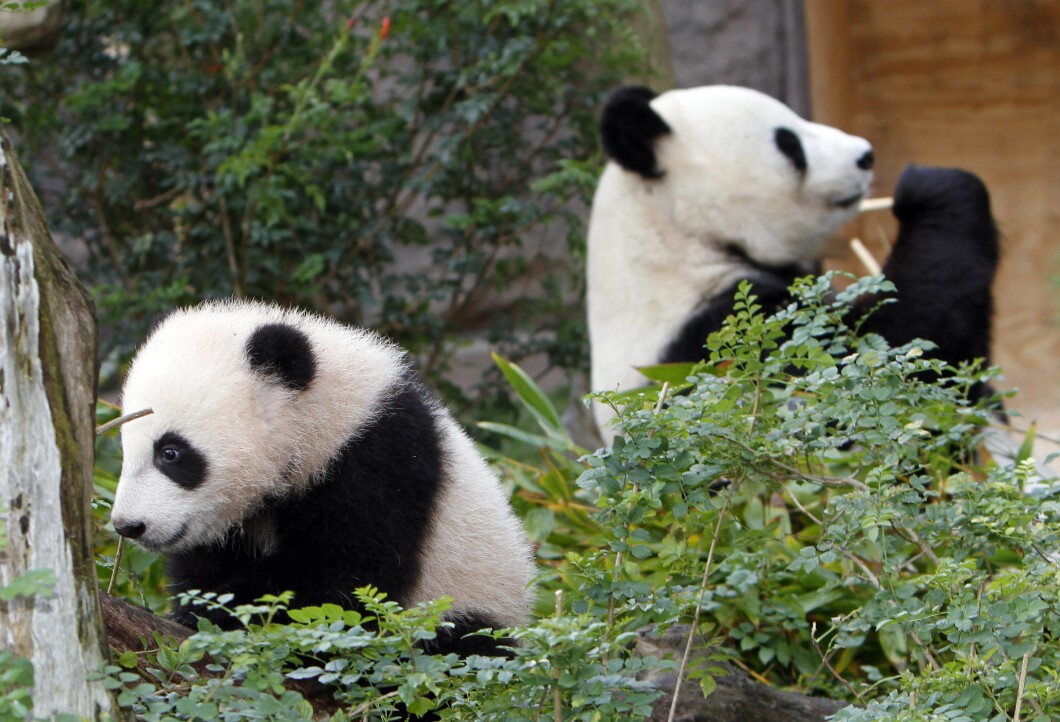
Animal diplomacy has been used to strengthen relationships between countries for decades, with the most known exchange involving panda diplomacy between the United States and China.
On Nov. 8, the Smithsonian National Zoo’s famous giant pandas returned to Beijing, leaving the exhibit empty for the first time in 23 years. Zoo Atlanta is the only other U.S. zoo to feature Chinese pandas, but their contract expires next year with no word on an extension.
CRUISE CONTROL: GM-FUNDED STARTUP STRUGGLES WITH AUTONOMOUS DRIVING IN SAN FRANCISCO
Here’s what to know about the history of Beijing and Washington, D.C.’s panda partnership and other forms of animal diplomacy.

Panda diplomacy
Panda diplomacy has a long history dating back to China’s Nationalist government. China would often gift pandas to friendly countries, such as the U.S. in 1941 — Chiang Kai-Shek gifted pandas to America to thank the country for assisting Chinese refugees during Beijing’s war with Japan, according to Georgetown University.
After the communists took over in 1949, the Chinese Communist Party gifted pandas to other communist countries, such as North Korea, during the Cold War, per Johns Hopkins University.
In 1972, panda diplomacy began between the U.S. and China with former President Richard Nixon’s trip to the Asian nation. After the historic visit, Chairman Mao Zedong’s government gifted two giant pandas to the U.S. as a sign of warming diplomatic relations between the two governments.
As the popularity surrounding the pandas grew, China began sending the bears to other zoos in the U.S. but changed the presentation of the bears as loans instead of gifts in 1984.
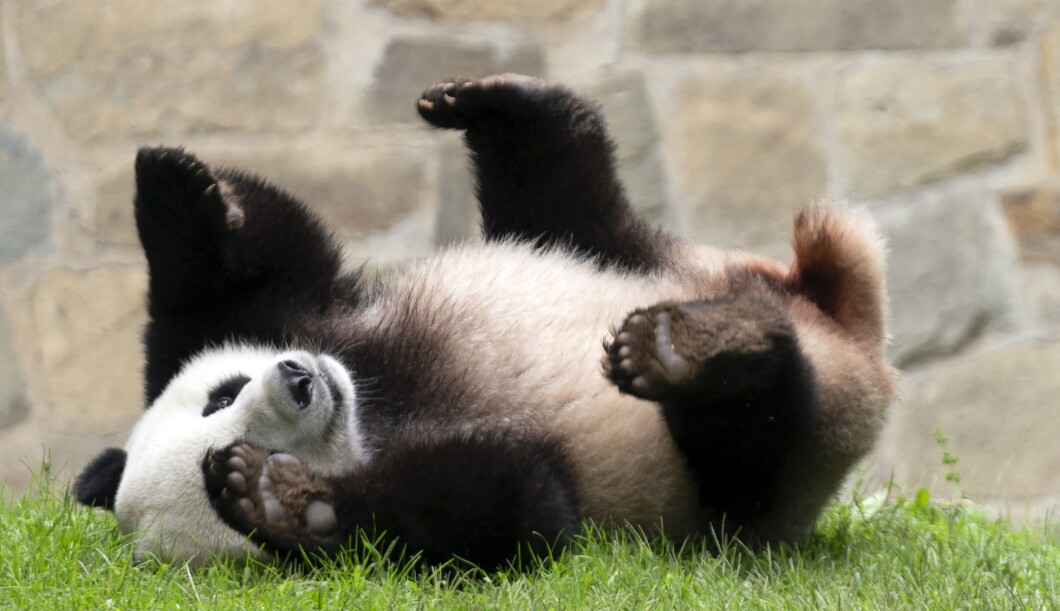
China currently has 20 loan agreements active, with giant pandas located in Australia, Austria, Belgium, Denmark, Finland, France, Germany, Indonesia, Japan, Malaysia, Mexico, the Netherlands, Qatar, Russia, Singapore, South Korea, Spain, Taiwan, and the United Kingdom, according to Pandas International. Oxford University experts conducted a study, finding that many of the countries that China leases bears to have trade deals with Beijing. Bears in Scotland and Australia will be back in China before the end of the year, Al Jazeera reported.
There have been some instances where panda diplomacy has been halted in the wake of tense relations. The Taiwanese government rejected two pandas offered by China in 2005. After a new government took over in 2008, the pandas were accepted.
In 2010, pandas were returned from the U.S. to China shortly after former President Barack Obama met with the Dalai Lama, the outlet reported. Following the disappearance of Malaysian Airlines Flight 370 in 2014, China temporarily withheld newly leased pandas to Malaysia, as well.
The well-known Giant Panda Cooperative Research and Breeding Agreement between the Smithsonian National Zoo and the China Wildlife Conservation Society began in 2000 as part of a $10 million deal with China. The pandas’ stay in Washington, D.C., was renewed three times since 2010, with the most recent renewal going from Dec. 7, 2020, to Dec. 7, 2023. The bears went home to Beijing almost a month early.
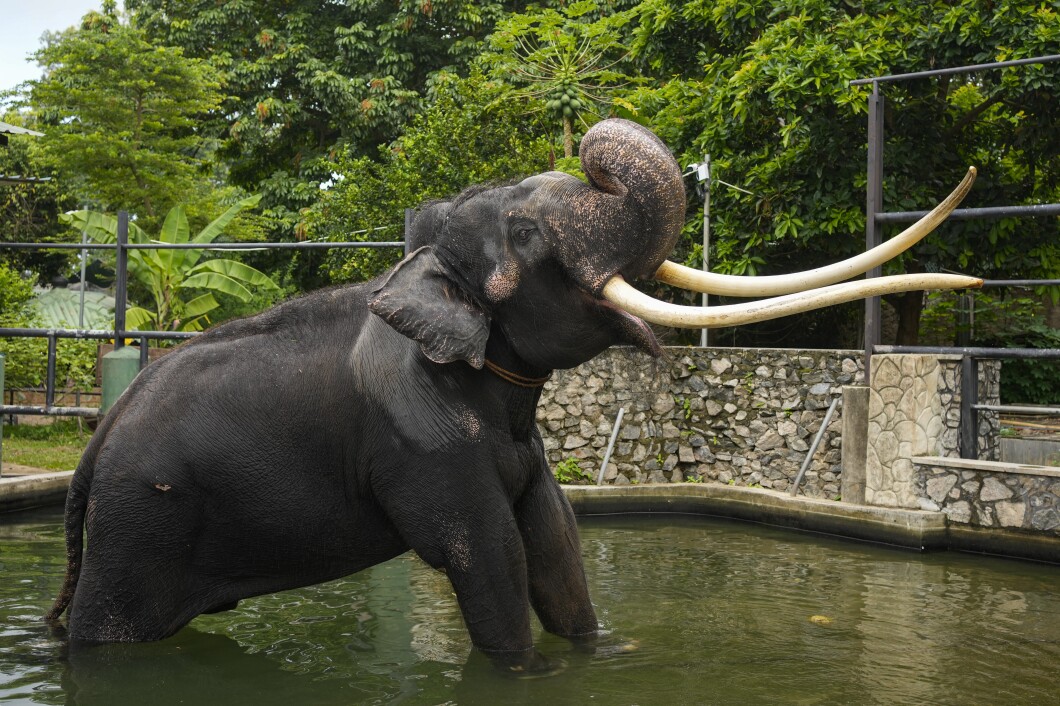
Other instances of animal diplomacy
Many countries engage in some aspect of animal diplomacy, mainly in East Asia. Sri Lanka, Thailand, and Vietnam have gifted elephants to many countries.
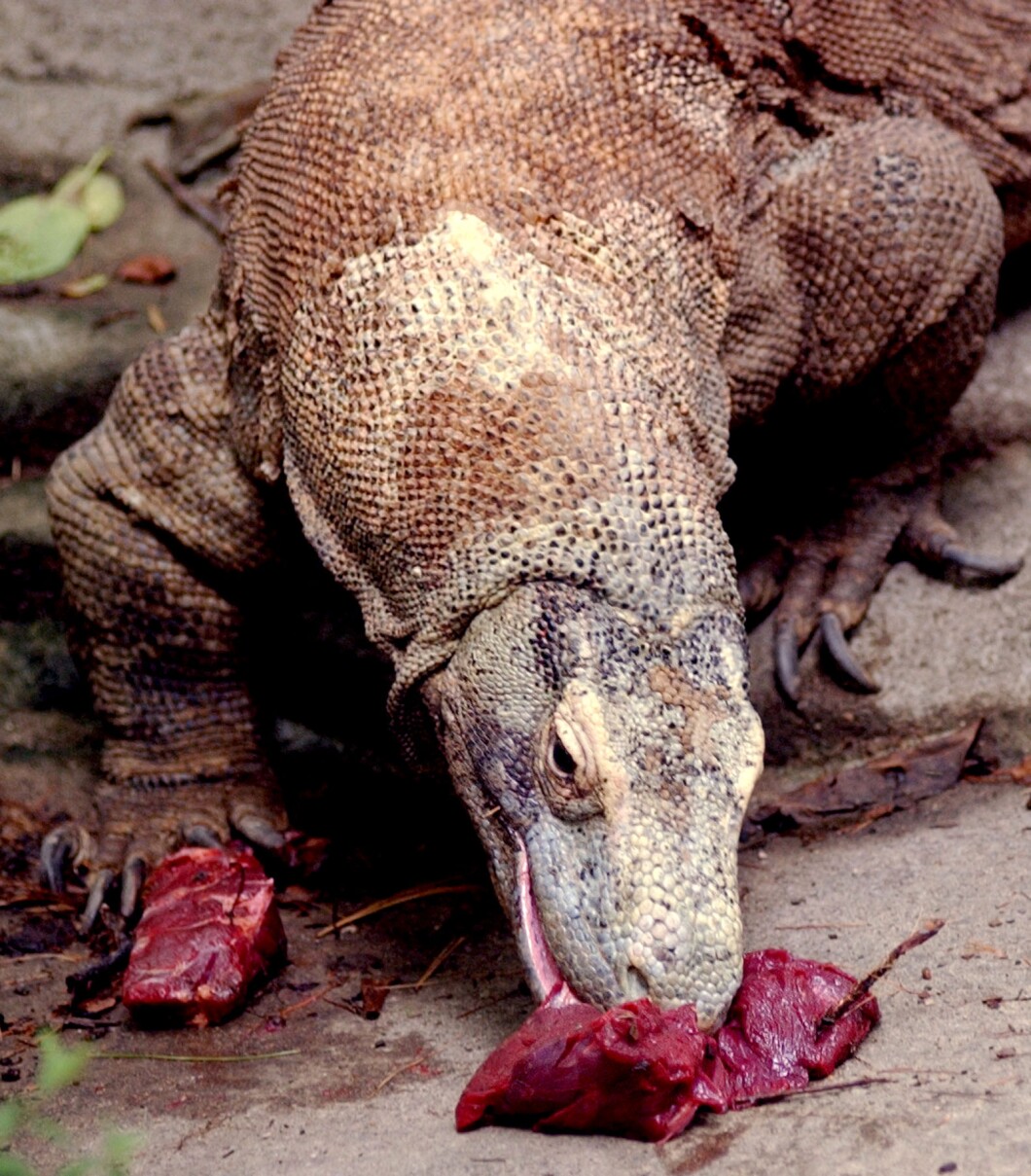
In 1990, Indonesian President Suharto gifted former President George H.W. Bush Komodo dragons. The dragons were given to the Cincinnati Zoo. Naga, one of the original dragons, died in 2007. Hudo, the grandchild of the original dragons, died in July.
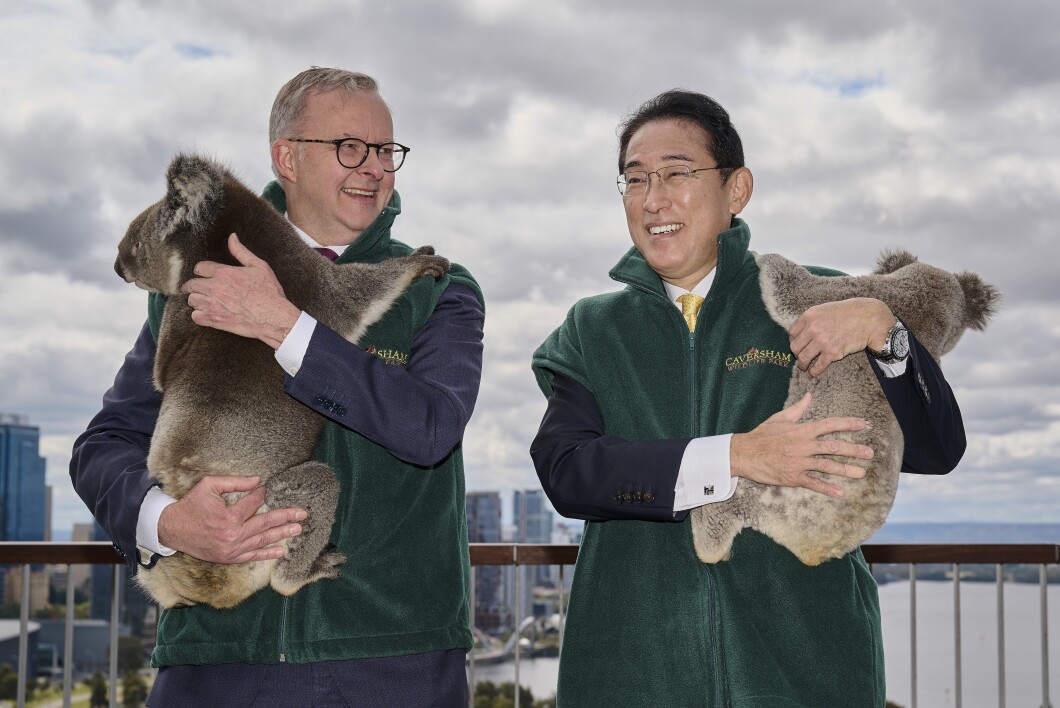
CLICK HERE TO READ MORE FROM THE WASHINGTON EXAMINER
The Thai elephant gifted to Sri Lanka two decades ago returned to Thailand in July due to a diplomatic fight over the animal’s alleged mistreatment. Muthu Raja, a 29-year-old elephant, was given to Sri Lanka in 2001, but Thailand demanded the elephant’s return after hearing the animal was tortured and neglected at a Buddhist temple.
In Australia, the government has given several marsupials, platypuses, and crocodiles to allies over the last 20 years. Leaders attending the G20 summit in Brisbane in November 2014, including Obama and Russian President Vladimir Putin, were charmed by the appearance of a 2-year-old koala named Jimbelung — and each received a turn holding her. Jimbelung was scheduled to move from Brisbane to Japan as a gift.


